What Cardi B Can Teach Us About Chinese Propaganda + Tweets of The Week
Milk Tea, Daryl Morey, Balding, Xinjiang, Dual Circulation, a Goose and His 1-Year-Old Friend, Noodles, 草书
The past two weeks I’ve put our four ChinaTalk episodes in an attempt to channel my nervous energy on the election somewhere. These include shows on what to do about Xinjiang, climate change, iFlyTek, and CCP influence operations in Japan.
The other thing I’m doing to try to calm down about Nov 3 is phone banking! I’m hosting two ‘ChinaTalk for Biden’ phone-banking zoom sessions Saturday and Sunday from 5-7pm EST. Would love to see you there.
Cardi B and the CCP
While China's undercover Twitter accounts maxed out at 1000 followers, that's not to say state propaganda doesn't have a major audience abroad. Multiple state-run accounts like CCTV's have over a million followers. I'd argue that the quality of English-language state-produced media has markedly improved in recent years, particularly shining in the early days of 2020 during the height of the COVID outbreak on the mainland.
Not often do you see a queen of American hip hop spouting CCP propaganda. But back in late March, Cardi B, a Bronx native with three number one singles to her name, went on Instagram live talking about how in contrast to America, the Chinese really had their coronavirus response together. After watching a CGTN documentary, she said that “Y’all seen that [in] Wuhan, China right now, the coronavirus cases is going lower. But that’s because when they quarantined people, they were spraying shit in the streets. They were knocking on each door, taking people’s temperature and everybody that had the coronavirus, they were like doing strict quarantine on them. While we’re quarantining at home, what is the [American] government doing?” She also she acknowledged China’s argument that America planted coronavirus in Wuhan because the US “owes money to China.”
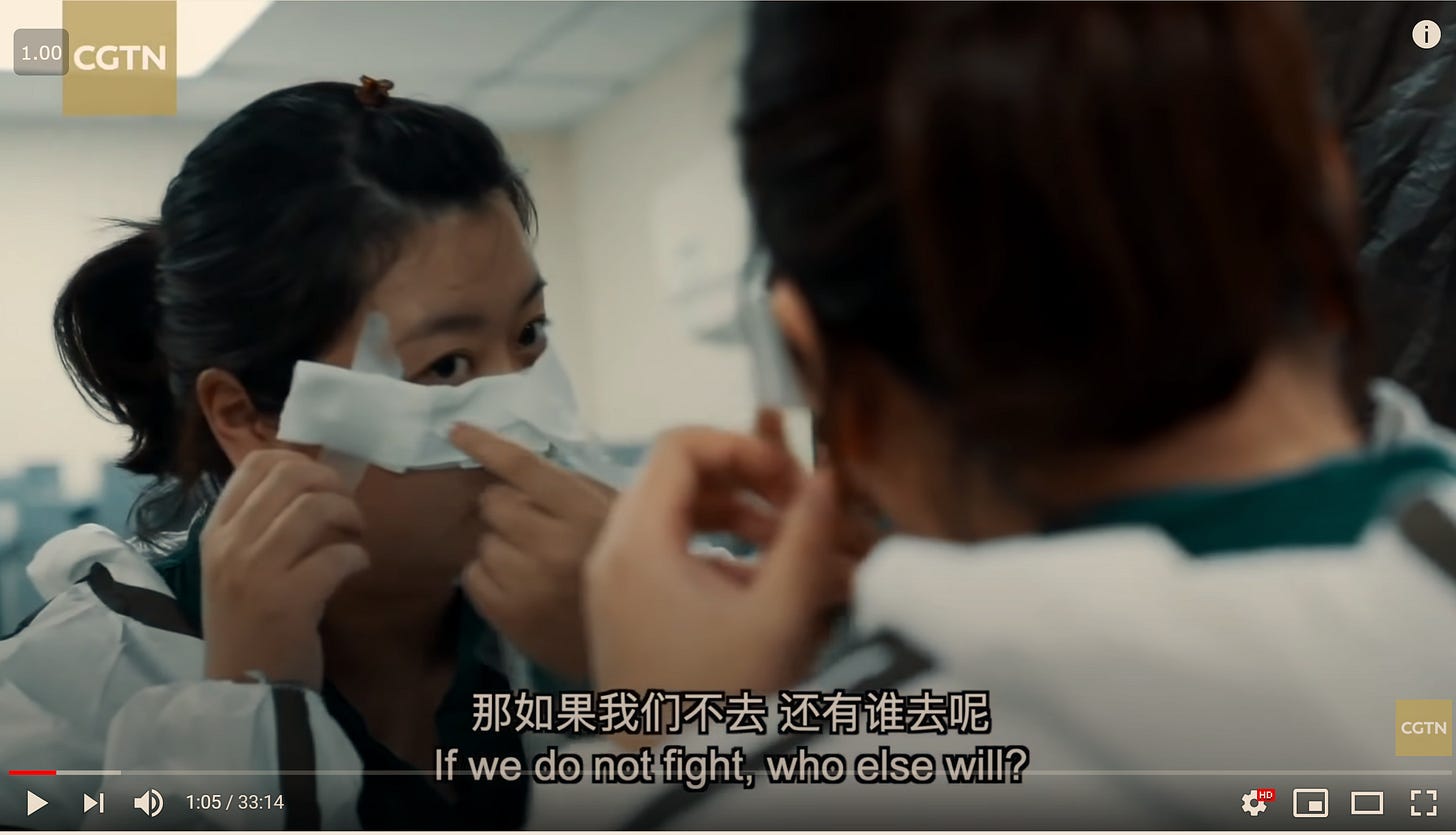
So what? It shows that Chinese international propaganda efforts, which have been lackluster for decades, for a moment gained some traction. First off, a little history.
Without overseas CCP propaganda efforts, the Communist Party may not have won the civil war. Mao and Zhou Enlai’s deft handling of Edgar Snow during his trip to the Communist hideout in Yan’an led to the publication of the hugely influential Red Star Over China. As Julia Lovell writes in her recent Maoism: A Global History, this book nearly singlehandedly reshaped global public opinion. The book molded FDR and his cabinet’s opinion of the Communists and inspired a global generation of revolutionaries.
Throughout the Mao era, the CCP was able to maintain a positive image within both western intelligentsia and global revolutionary circles. The CCP succeeded in reframing disasters like the Great Famine as triumphs. And into the late 60s and 70s, while the Soviet Union’s foreign policy grew more risk-conscious, Mao’s aggressive support for global insurgencies helped boost China’s claim to standing at the vanguard of global revolution.
The golden age of Chinese propaganda petered out with the death of Mao. Frankly, the CCP had a much less sexy product to sell. Instead of the world’s most unabashed socialist experiment that could market the undeniably charismatic Mao at the head of a sea of Red Guards, China started to seem like just another overpopulated poverty-stricken country trying to get its act together. Tanks in the streets certainly didn’t help either.
Fast forward thirty years and now it has a new story of economic growth and technocratic competence to push. While some efforts, like the occasional government-sponsored rap video, are beyond cringe-worthy, others, like the documentary Cardi B watched, were remarkably effective.
The coronavirus outbreak provided a particularly fertile opportunity for CGTN to exploit. As Rui Zhong, a program associate at the Wilson Center, told me, “China's image management really depends on who is the face of China's image at that moment.” Back in Feb and March, through highlighting genuinely heroic medical workers, the overseas Chinese propaganda apparatus was able to put its best foot forward. Even with managerial handicaps like those facing organizations like English-language CGTN, having exclusive footage inside Wuhan in February was bound to generate interest.
What’s more, less sophisticated China observers were unlikely to pick up the more subtle messaging seen in the documentary. For instance, the video highlighted a Muslim patient’s access to halal food in a subtle rebuttal of western media’s coverage of Xinjiang internment camps. It also placed the blame for the outbreak squarely on the local government shoulders instead of Xi’s.
Unless American social media platforms dramatically change their content policies, CGTN’s ability to set the narrative will only grow more pronounced. The YouTube video Cardi watched likely had a banner below it saying that it was “funded in whole or in part by the Chinese government.” However, influencers like Cardi B, while smart and curious, won’t necessarily read the footnotes. What’s more, Cardi is not getting her news from deep dives by the likes of banished reporters like the New York Times’ Paul Mozur and WSJ’s Lingling Wei. If CGTN can outshine independent reporting to tell China’s story the way the CCP wants to tell it, it makes it all the easier for those inside the Chinese government to argue that the country shouldn’t have any foreign journalists on the mainland.
In her livestream, Cardi went on to say she “don’t want no smoke with the Chinese” since China’s “powerful” so it’s “not a nation that people wanna fuck with.” This sentiment says out loud what NBA players only whispered after Houston Rockets GM Daryl Morey tweeted his support of the HK protesters: fear of Chinese retaliation has seeped into every aspect of public life and will impact behavior going forward. While Hollywood has long tailored scripts to appease Chinese censors, now even celebrities like Cardi B who have very little financial exposure to China are mindful of the risk. Regardless of the current escalation in US-China tensions, fear of Chinese retaliation has fully seeped into the public consciousness.
“They’re willing to die for their country,” Cardi said. “I feel like they can outwork us, to be honest with you.”
The sentiment Cardi expressed struck a chord with a Chinese audience. Even though her personality is probably the complete opposite of a mainstream Chinese female idol, she has been embraced by netizens who joked that her comments meant she was applying for card-carrying CCP membership status.
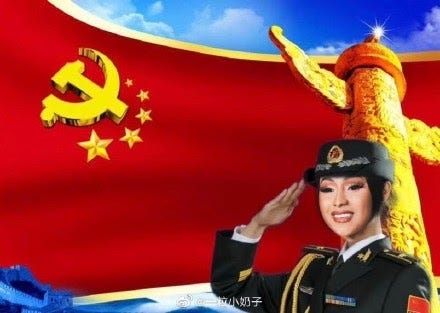
Memes from Weibo, h/t SupChina
As Quartz’s Tony Lin told me, that time in late March was a "rare moment for Chinese people to be acknowledged and recognized (instead of just seen as a market).” Aspects of China’s coronavirus response were heroic indeed, and it’s a shame that given the nature of the CCP, such stories that captured the interest of Cardi and others are inevitably weaponized in ways that serve the regime more than the Chinese people.
Since then, as attention has shifted to Hong Kong national security law and concentration camps in Xinjiang, the state propaganda organs have not found solid footing and completely lost control of the narrative. Again, it comes back to the product that state media is selling. Lacking the freedom to dramatically deviate from domestic-aimed state media and without a sophisticated understanding of foreign audiences, they have struggled mightily to build off their success earlier this year and shape the conversation of late. This video on the HK national security law probably made someone’s boss happy, there’s no way Cardi B isn’t going to watch and think, ‘yep, those HK protesters really need to be reigned in.’
Until the CCP fundamentally rethinks how they manage and orient overseas overt propaganda, which I don’t think is likely to happen anytime soon, I have very little faith that they’ll be able to do much to turn around these horrific polling numbers.
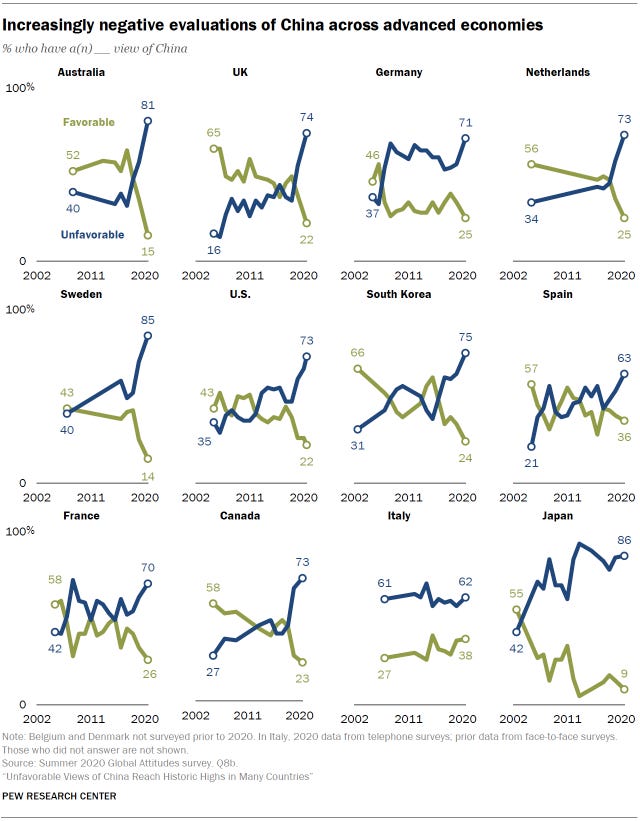
China Twitter Tweets of the Week

Thread.


The whole Balding thing is sad. I recorded a podcast with him in person before his true heel turn back in 2018, and he came off to me as totally normal and sharp.

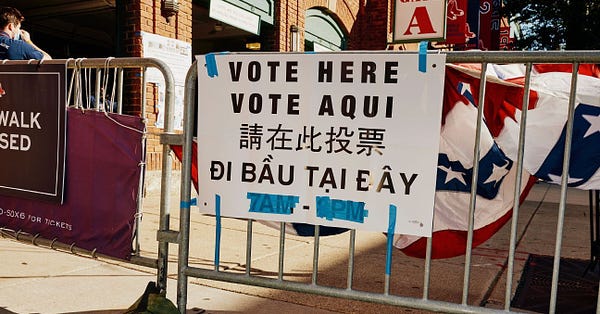
Get this woman a book deal already.

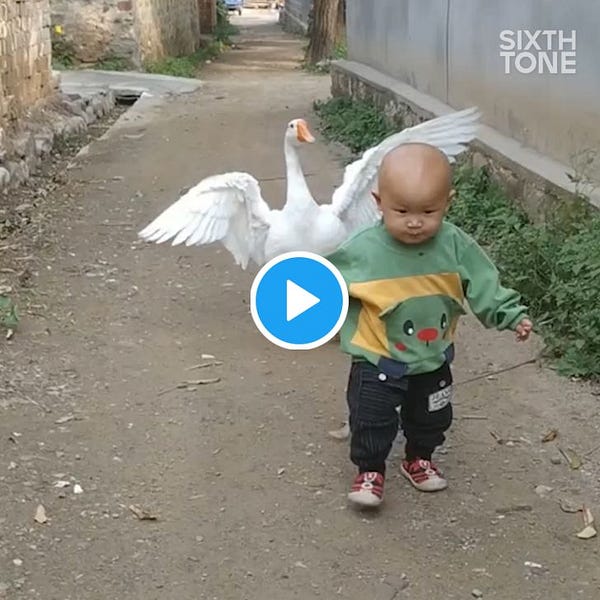









Recipe in the thread


Thread for the ages.

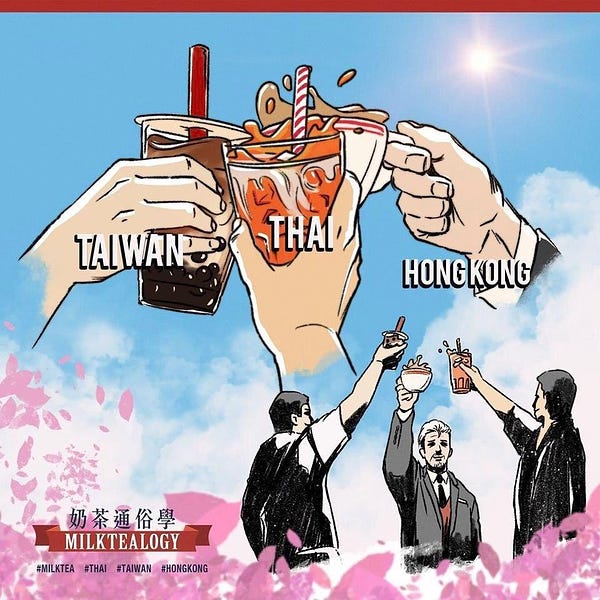

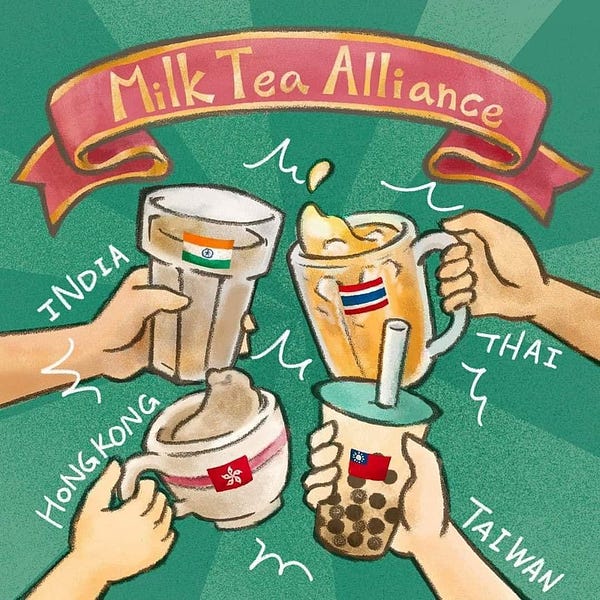
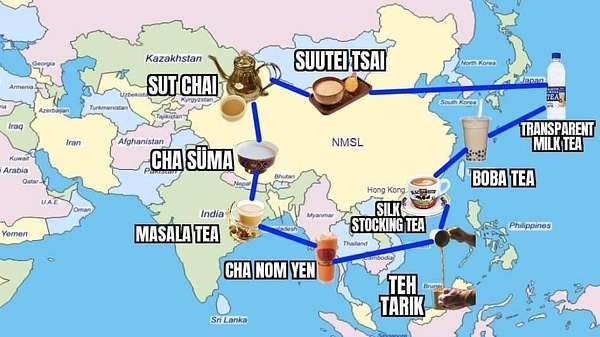
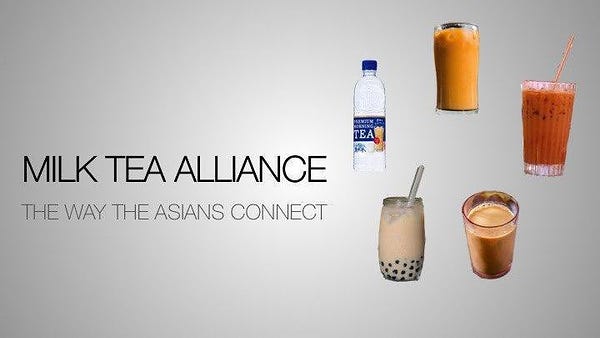

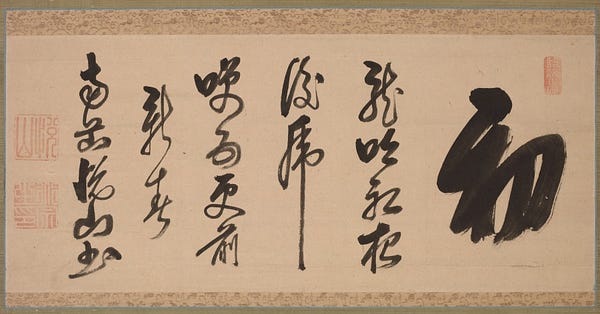






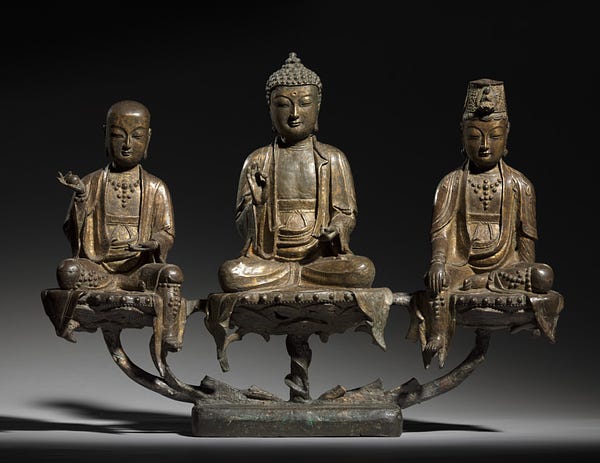
First. Amazing headline. My question is: is it really chinese propaganda to say that China has handled Coronavirus better than other countries like the U.S. or Spain? I get that the way liberal democracies work, you couldn't have take some measures taken by the CCP, but even then...